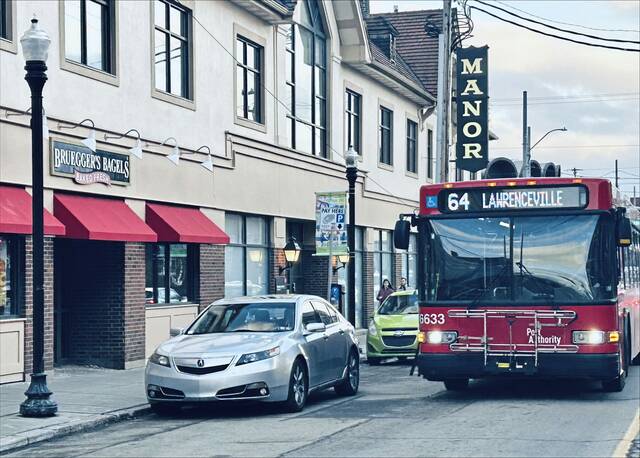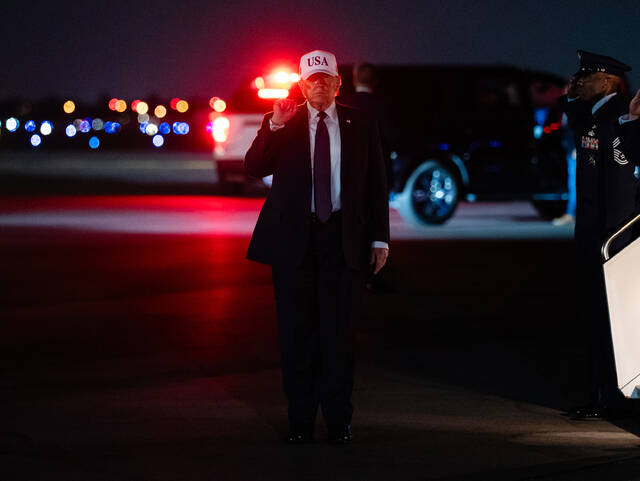In a recent report, Pennsylvania Auditor General Eugene DePasquale called Pennsylvania’s charter school law “the worst in the nation” because it prevents the state from “performing full reviews of charter management companies.”
Indeed, a 2016 report by the Pennsylvania School Boards Association (PSBA) finds the PSBA had to take charters to court to force them to divulge how they were spending taxpayer money. The PSBA also found that in the 2014-15 school year, charter schools were paid $294.8 million for special education supplemental money but only spent $193.1 million on special education services — pocketing the rest. Under Pennsylvania’s charter law, cybers are paid the same as brick-and-mortar charters, even though their costs per students are significantly less.
As a result, DePasquale found in his report that Lincoln Learning Solutions — the company managing PA Cyber Charter School, which enrolls over 10,000 students — listed a staggering fund balance of $82 million in 2017-18. The report also found that the school had spent $622,000 on lobbying, and from 2014-18, it had awarded a 50% pay raise to its CEO and a 148% pay raise to its chief operating officer.
But Pennsylvania’s charter law prevents any closer inspection of charters’ finances. Only after the federal government got involved in 2013 was PA Cyber Charter Schools’ founder, Nick Trombetta, indicted for siphoning $8 million in taxpayer funds to private companies and sentenced to 20 months in federal prison.
Charters are not only spending exorbitant amounts on lobbying and administrative costs, but also on advertising and marketing tools. In 2012, Pennsylvania Auditor General Jack Wagner found that PA Cyber Charter School spent $4 million on advertising costs. In 2007, the school was brought before a grand jury to testify regarding allegations of misuse of tax dollars in building a $23.5 million performing arts center.
The cyber charter school I graduated from in 2017, Commonwealth Charter Academy (CCA), is also guilty of purchasing expensive gimmicks. In 2018, it unveiled a $1.5 million aquaponics center in Harrisburg that is one of the largest in the country. While an educational tool for a mere handful of CCA’s 9,300 students statewide, the center’s more practical use is for marketing. Also marketed are CCA’s “conservatory programs,” which are claimed to be revolutionary academic opportunities for students. Hosted on custom-made buses equipped with state-of-the-art educational technology, these programs are only held only a few times per year, and no student can depend on them as the buses are constantly rotated around the state.
Most importantly, these gimmicks obfuscate the reality of a cyber charter school education. While CCA’s marketing materials boast about molding learners into more curious and successful students, CCA’s overall advanced placement class (AP) participation rate is 1%. Compare that to the 29% AP participation rate at Harrisburg High School, which Penn Live ranks among the 50 worst school districts in the state.
There is a vast achievement gap between cyber charters and brick-and-mortar schools, according to a 2019 report on charter performance by Stanford University’s Center for Research on Education Outcomes. The report finds that cyber charter students “experience about the equivalent of 130 fewer days of learning in reading and about 118 fewer days of learning in math compared to students attending brick-and-mortar charters.”
Uncanny is that the report uses “days of learning” as a statistical concept to quantify students’ academic growth. While I attended CCA, there was a common practice among my classmates of literally skipping weeks of school at a time and then completing the backlogged assignments in one day, clicking through the lessons quickly and Googling the answers. All my classmates from ninth to 12th grade at CCA’s Harrisburg Family Support Center were aware and often guilty of doing this throughout all four years of high school.
But if there was any hope, Stanford’s study also confirms that there has been “no substantial academic improvement of Pennsylvania’s online charter sector across these two studies” from 2015 and 2019. The report adds that “the poor results for online charter school students are consistent across these student subgroups, so this effect is not being driven by student composition in online charter schools.”
Taxpayers fronted $519 million for this sub-par education in 2017-18, according to a 2019 report by Education Voters of PA. The report also finds that since cyber charters receive excess funds under PA’s outdated charter law, the current funding system “wastes over $290 million in taxpayer money each year.”
Even attempting to close these schools would be impossible, says Education Voters PA executive director Susan Spicka. When districts take the charters to court, she says, they get caught up in years of costly legal morass. “It just encourages this wild west of charter schools where if you can just get yourself approved one way or another you can just keep operating,” Spicka says.
Cyber charter schools are ripping off taxpayers and failing our students. We must amend Pennsylvania’s charter law so that the state’s auditor general and Department of Education can find out how charter schools are spending taxpayer funds. We also must include language that opens the door for assessing why students’ educational needs are not being met by cyber charter schools. And we need to make it easier to close charter schools that consistently fail our students.
Kenneth W. Gatten III plans to earn his bachelor’s degree in English from Penn State in 2021. He is managing editor of the Kalliope Undergraduate Literary Journal.








